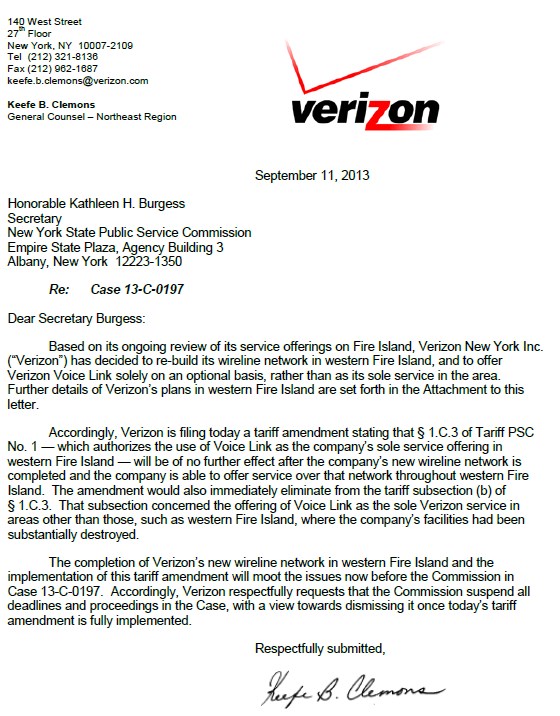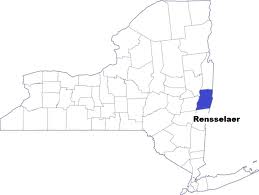 Rensselaer County is just a short drive to the east of New York’s capital city Albany, but for residents in the southern half of the county, it might as be in the middle of nowhere.
Rensselaer County is just a short drive to the east of New York’s capital city Albany, but for residents in the southern half of the county, it might as be in the middle of nowhere.
Welcome to the world of broadband have’s and have-nots. If you live in the county seat — Troy, Internet access is widely available. But if you live in a community like Nassau, in the southern part of the county, getting Internet access is strictly a hit or miss affair, and in practical terms, the only entity that will decide if you have reasonable access to broadband is Time Warner Cable.
Verizon has decided that the days of expanding DSL in rural areas are over. There is no possibility those without access to DSL now will ever see Verizon’s fiber network FiOS coming their way either. That has left many residents with an unfortunate choice between heavily usage-capped and slow satellite Internet access or heavily usage-capped and expensive wireless Internet from a cell phone company.
Nassau does have a franchise agreement with Time Warner Cable, the only cable operator willing to offer service in this part of upstate New York. The contract specifies Time Warner will bring service to any neighborhood where there are at least 20 residences within a one-mile radius.
The Record News covered negotiations for a franchise renewal for the cable company last year, and found Time Warner Cable held all the cards and the town had almost no leverage in the negotiations:
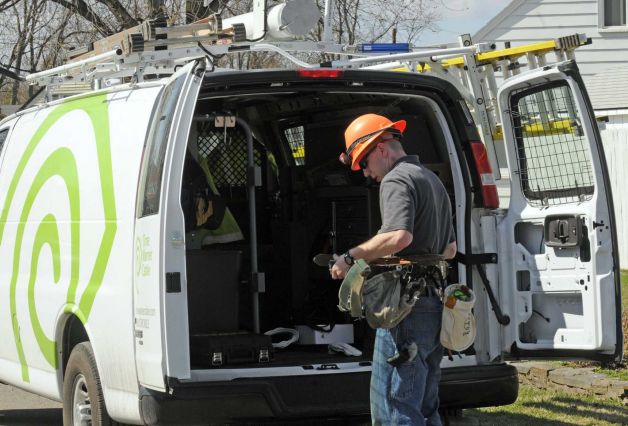
A rare sight in southern Rensselaer County.
“We really have no negotiating leverage or power and the Public Service Commission (PSC) was helpful in looking at the contract, but told us we were basically out of luck with any efforts to require anything,” said town Supervisor David Fleming, who said he was told by Time Warner Cable that specific areas in Nassau are “not currently serviceable.”
The town had marked out all the areas that were not served and met with Time Warner to try to gain extensions of service.
“This only succeeded in a couple of areas,” he said. “This is because PSC told us we have no bargaining power. The only big concession we were able to get was to reduce the number of houses per mile needed for service, but this was a pretty standard fall back for Time Warner.”
The town succeeded in negotiating standards down to 20 dwellings per cable mile from 30. “We continue to explore this matter, but frankly, there has been a great deal of unwillingness to expand service in our community,” Fleming said. “The state has been of no help in expanding services.”
As a result, Time Warner has been generally adamant about not expanding service to residents like Alan Austin, who lives on a street where 11 houses are built within a half-mile, technically the same ratio required by Time Warner Cable.
 “We’ve asked them to bring the service and they won’t,” Austin told the newspaper.
“We’ve asked them to bring the service and they won’t,” Austin told the newspaper.
Actually, Time Warner is willing to expand into Austin’s neighborhood — for the right price.
Time Warner agreed it would install cable service if the 11 homes collectively paid a $12,000 installation fee.
“We’re out of luck because we’re never going to get another nine houses in this mile,” Austin said. “We can’t get anybody to bring service here, unless we’re willing to pay an exorbitant amount.”
As for alternatives, don’t call Verizon, they’ll call you. The phone company has suggested rural residents consider their wireless broadband and phone service, assuming a cell tower can reach them with a reasonable signal. But the cost is very high — at least $50 for only 4GB of usage per month and another $20 for telephone service.
Austin is lucky enough to receive some reception from Sprint, which is slightly more reasonably priced. But to get a reliable signal, he has to place his mobile Wi-Fi hotspot in his non-climate-controlled attic. When temperatures fall or soar, the hotspot stops working. Austin has rigged a remote-powered fan in the attic to blow cool air on the hotspot this summer to keep it up and running.
“It’s ridiculous,” he admitted. “People don’t believe me when I tell them these things, but that’s what we deal with.”
The newspaper also pondered the impact of being an Internet have-not with respect to education. In more than a few communities in the county, teachers avoid giving assignments that require students to do research over the Internet, putting them at a potentially serious disadvantage when they attend college.
Businesses also avoid areas where broadband poses a significant challenge, which affects jobs. Selling a home in a broadband blackout zone can also be difficult as savvy buyers increasingly now insist on Internet accessibility.
Without the benefit of bundling discounts, rural Americans pay substantially higher prices for telecommunications services. A promotional bundle from Time Warner Cable can provide phone, Internet, and television service for less than $100 a month. Austin says his package costs more than twice that — more than $220 monthly between paying bills for Verizon phone service, DirectTV television and Sprint for broadband Internet.
These kinds of challenges are ready-made to be addressed on the local government level, but cable and phone companies lobbied successfully for near-total deregulation, making it impossible for town officials to provoke change. In fact, had the community successfully revoked Time Warner Cable’s franchise, no other commercial provider would be willing to step in. That remains common in every community considering its future relationship with the area’s cable company. An informal understanding between cable operators keep them from competing outside of their defined territories.
That leaves Nassau officials with no options, except whether to renew Time Warner’s franchise on the company’s terms for five or ten years. Time Warner wouldn’t hear of a five-year contract so the town capitulated and agreed to a 10-year franchise renewal that will continue to leave residents like Austin without much hope for cable broadband service indefinitely.
 Staff at the New York regulator overseeing the state’s telecommunications companies have determined that some Time Warner Cable customers will see their largest rate increase in New York history — more than double their current rate — if Comcast is successful in its bid to acquire Time Warner Cable.
Staff at the New York regulator overseeing the state’s telecommunications companies have determined that some Time Warner Cable customers will see their largest rate increase in New York history — more than double their current rate — if Comcast is successful in its bid to acquire Time Warner Cable.

 Subscribe
Subscribe Rensselaer County is just a short drive to the east of New York’s capital city Albany, but for residents in the southern half of the county, it might as be in the middle of nowhere.
Rensselaer County is just a short drive to the east of New York’s capital city Albany, but for residents in the southern half of the county, it might as be in the middle of nowhere.
 “We’ve asked them to bring the service and they won’t,” Austin told the newspaper.
“We’ve asked them to bring the service and they won’t,” Austin told the newspaper.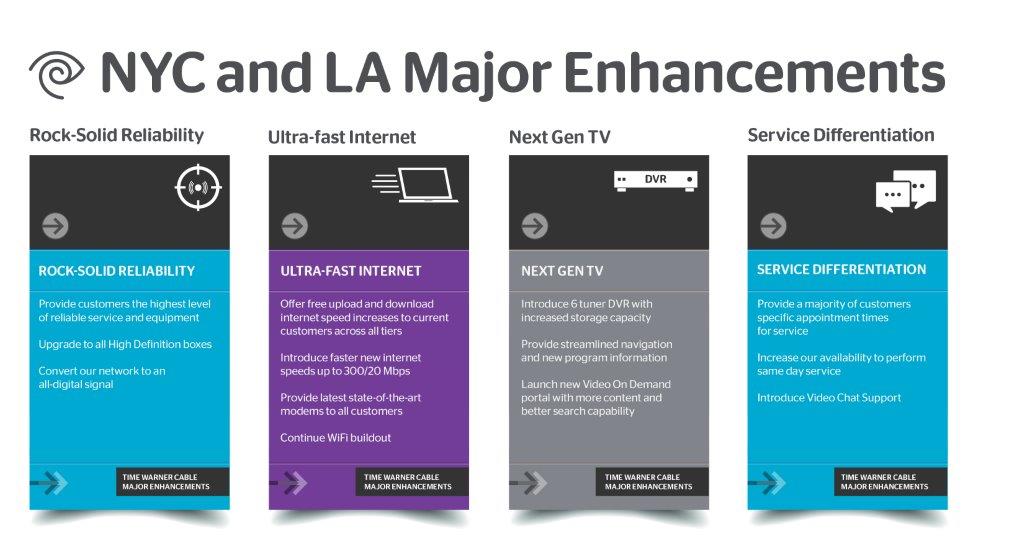

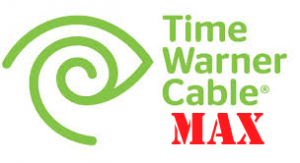

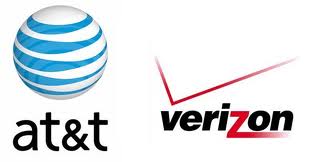
 Comcast Corporation and Charter Communications are actively working on a deal to let Comcast acquire Time Warner Cable subscribers in New York, New England, and North Carolina, according to sources
Comcast Corporation and Charter Communications are actively working on a deal to let Comcast acquire Time Warner Cable subscribers in New York, New England, and North Carolina, according to sources  Comcast’s involvement in the deal could inject much-needed cash into a takeover bid financed largely by debt. It might also prompt Charter to sweeten its offer for TWC.
Comcast’s involvement in the deal could inject much-needed cash into a takeover bid financed largely by debt. It might also prompt Charter to sweeten its offer for TWC. Verizon Communications notified the New York Public Service Commission late Tuesday it was abandoning a request to replace damaged landlines anywhere in the state where the company’s facilities were substantially destroyed with a wireless service called Voice Link.
Verizon Communications notified the New York Public Service Commission late Tuesday it was abandoning a request to replace damaged landlines anywhere in the state where the company’s facilities were substantially destroyed with a wireless service called Voice Link.